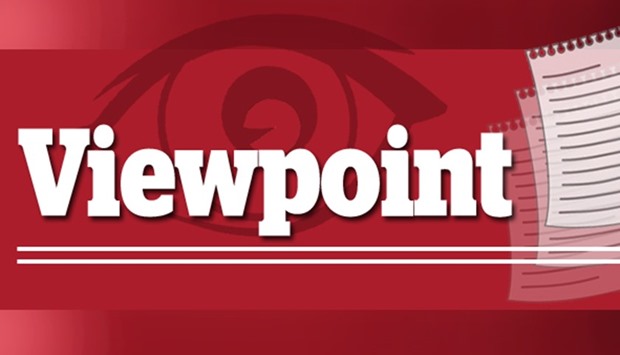It’s the nightmare haunting European Union leaders and supporters of European integration.
After Britain’s vote to leave the EU and Donald Trump’s election as president of the United States, could an international wave of right-wing populism bring National Front leader Marine Le Pen to power in France’s upcoming presidential elections?
The EU can survive without Britain, but it is hard to imagine it without France - a founding member; one of its three largest economies, along with Britain and Germany; and one half of the Berlin-Paris alliance that lies at the heart of the bloc’s politics.
So the results of Wednesday’s Dutch general election, which saw far-right leader Gert Wilders’s Islamophobic and anti-EU Party for Freedom (PVV) come in second place, have come as a great relief to centrist politicians across Europe and supporters of EU integration.
Le Pen’s vision of Europe would essentially bring France out of the EU as it currently exists - although she says she would prefer to turn the bloc into a “Europe of nations.”
She says that, unless she can restore French “sovereignty” over territory, economy, currency and laws, she will seek to take the country out of the EU outright.
She is holding steady in first place in most opinion polls, with about 25 to 27 support - although the polls favour either of her main rivals - centrist Emmanuel Macron and conservative Francois Fillon - in a likely second-round run-off against her on May 7.
French President Francois Hollande was quick to react to the Dutch election results, praising outgoing liberal Prime Minister Mark Rutte for gaining “a clear victory against extremism.”
Hollande, who is not running for re-election, has repeatedly sounded the alarm about Le Pen’s electoral prospects in recent months.
In a recent interview with major European newspapers, including Le Monde and the British Guardian, he argued that “all populists” had the same objective: “to leave Europe, close themselves off to the world and imagine a future surrounded by barriers of all sorts and borders protected by watchtowers.”
Le Monde reports that, in private, Hollande fears that the opinion polls underestimate the far-right candidate.
On that point, at least, the Dutch election results will reassure Europe’s centrists.
While opinion polls in Britain and the US led pundits to wrongly predict the defeat of Brexit and Trump, Wilders performed worse than most polls during the campaign had suggested.
For some European liberals and centrists, the limited losses suffered by Rutte’s liberals, offset by somewhat larger gains by other pro-European parties, now look like a model.
European Parliament liberal leader Guy Verhofstadt warned before the elections that with “the dangerous nationalist demons of Europe’s past unleashed, the EU as we know it could easily disintegrate.”
Afterwards, he congratulated Rutte and Alexander Pechthold of the more centrist, socially liberal D66 party, saying they “have shown that a positive pro-European message wins.”
“People want constructive and reliable politicians to govern their country. This is why Le Pen will also fail,” he wrote.
Le Monde echoed that sentiment in an editorial that saluted the “push of the pro-European parties” in the Dutch elections.
But Le Pen’s National Front, if it is disappointed, isn’t letting it show.

viewpoint
